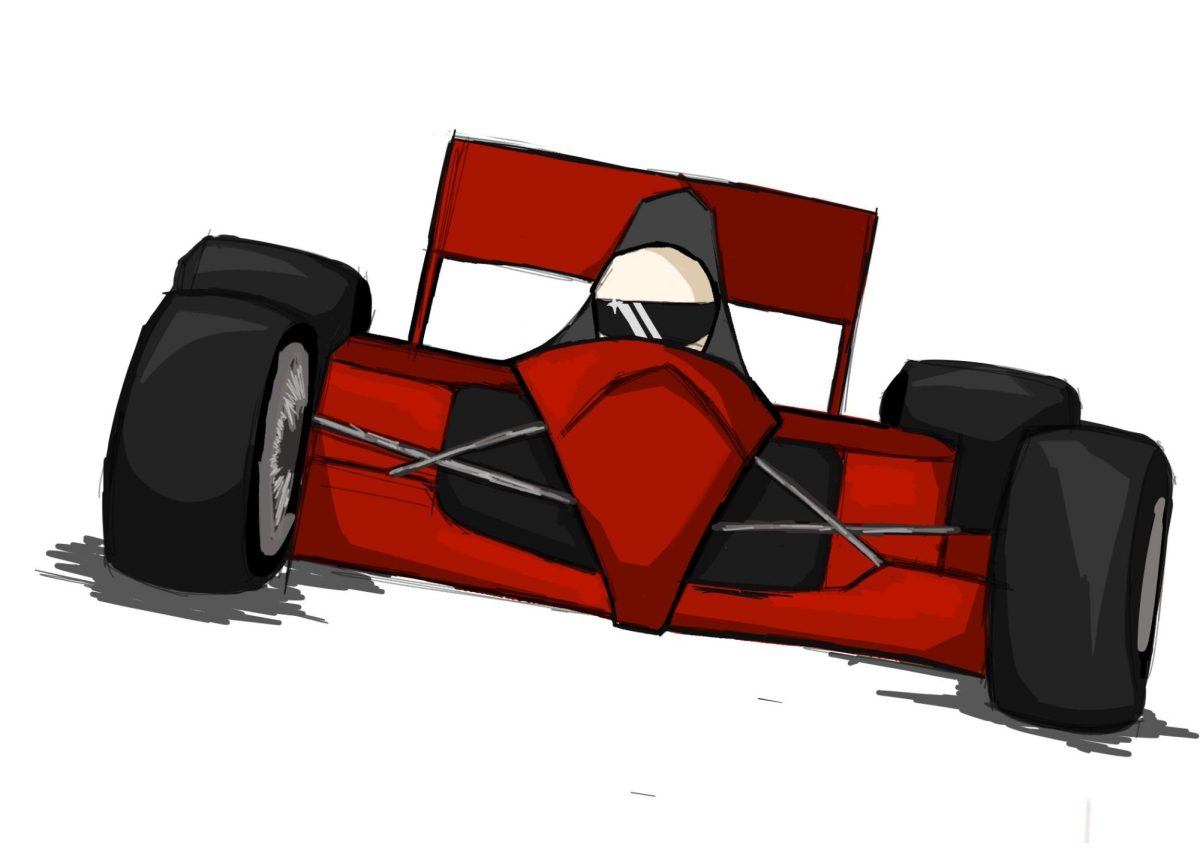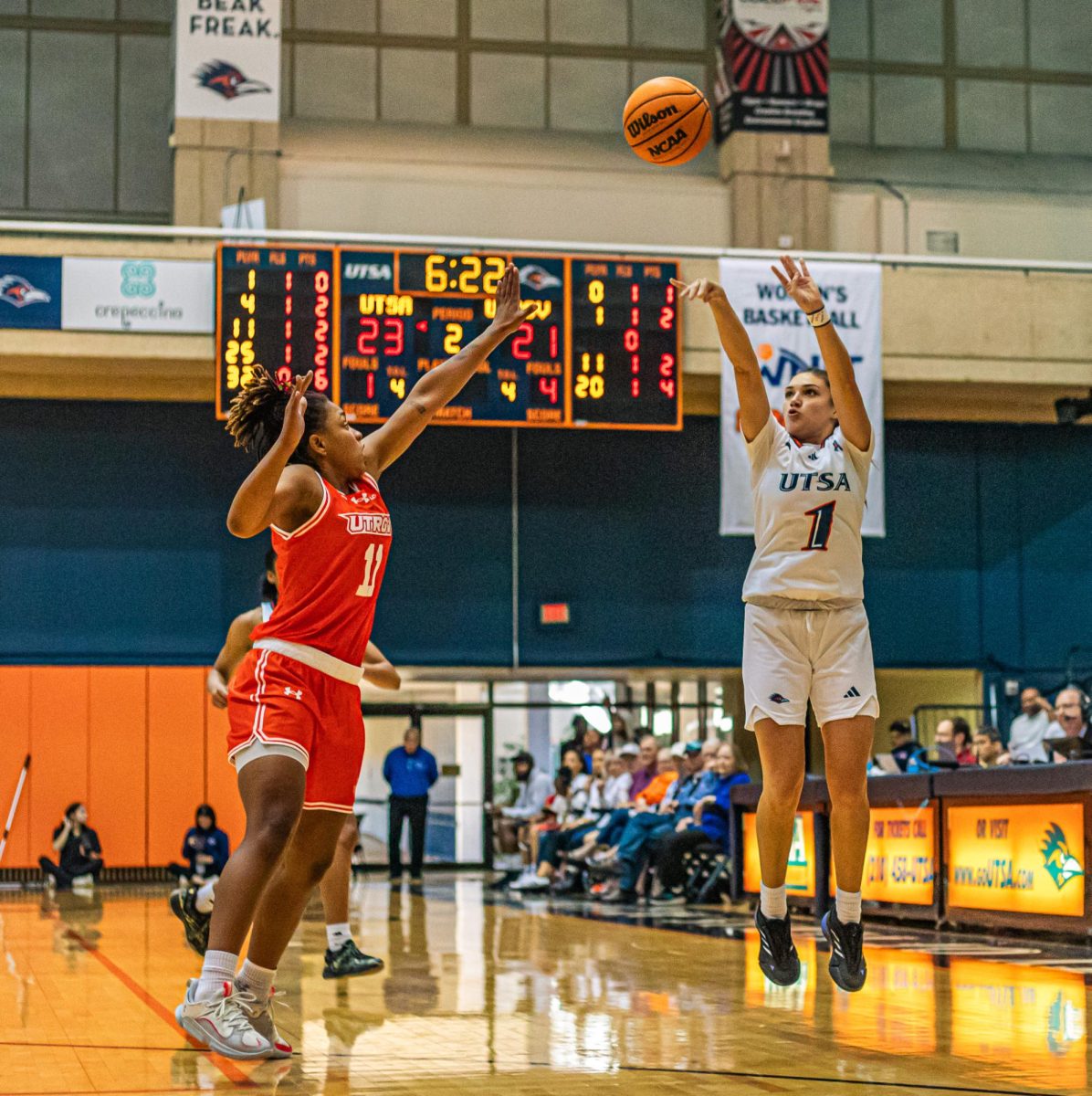Formula 1 is an international racing category typically considered the peak of motorsport. It is an open-wheel, single-seater category, meaning that the tires are exposed and there is only one driver per car. The sport began in 1950 and the first race took place at Silverstone Circuit in England, a track which is still on the calendar to this day.
The 2024 season, which spans from February to December, has the longest calendar in F1 history. It includes 24 races spanning five continents and 21 countries. There are 10 teams competing in the Constructors’ Championship and 20 drivers competing in the Drivers’ Championship.
In the United States, fans tune in to watch the races with an account on F1TV, which livestreams all events. F1TV also offers past races for viewing, going back decades, as well as interviews, documentaries and other F1-related content. To keep up with F1 news, fans can turn to the official F1 website and app, which offers articles, photo galleries, videos, games and updates on the season at no cost.
An F1 weekend consists of four days: the first day is media day, in which drivers arrive at the track and do media duties, including filming promotional content, press conferences, etc. The second and third days are practice days. On a typical weekend, there are three practice sessions in which teams experiment on the track and learn how the car is performing, testing out speed and endurance.
The third day wraps up with Qualifying, the event that decides from which spot on the starting grid drivers will start the race from, determined from which one had the fastest lap. The first spot is called pole position and it is the goal of every driver. There are three qualifying sessions; Q1 and Q2 eliminate their respective bottom five drivers and Q3 finalizes the top ten lineup for the following day. The fourth day, usually a Sunday, is race day.
F1 races under the Fédération Internationale de l’Automobile, the governing body of many racing categories, including the junior Formula 2 and Formula 3. The FIA is responsible for the rules and regulations of F1 racing and approves the driver’s ability to compete. The FIA super license is the document that qualifies a person to compete in F1 and can be revoked with sufficient cause.
At every event there is a team of stewards responsible for monitoring races to ensure that safety conditions are met and there are no rule violations. These stewards have the authority to award penalties to teams or drivers, including time penalties, fines, or even ban someone from racing. They are also responsible for implementing safety measures in the event of a crash or other anomalies.
A green flag signifies that the race is on and drivers may compete as normal. A yellow flag asks them to slow down due to debris or other disturbances. A red flag stops the race, usually due to severe accidents or unsafe weather conditions.
A safety car is implemented in the event of a serious problem, such as a crash, and forces the drivers to line up at reduced speed behind the safety car. During a safety car, drivers may not overtake those in front, but they are able to pit to swap tires or make other adjustments. Safety cars can also be virtual if the accident is minor, with the same rules, but without the physical car in the front.
Points are awarded to the top ten finishers of every race and the top three finishers are celebrated on a podium and given trophies. Whichever team scores the most points in a season wins the Constructors’ Championship and whichever individual driver scores the most points, not necessarily race victories or podiums, wins the Drivers’ Championship. The top three finishers at the end of the season receive additional trophies at the FIA Award Giving Ceremony, where all racing categories operating under the FIA are celebrated.
The 2024 season is currently underway and the upcoming race will take place at midnight on Sunday in Japan.









